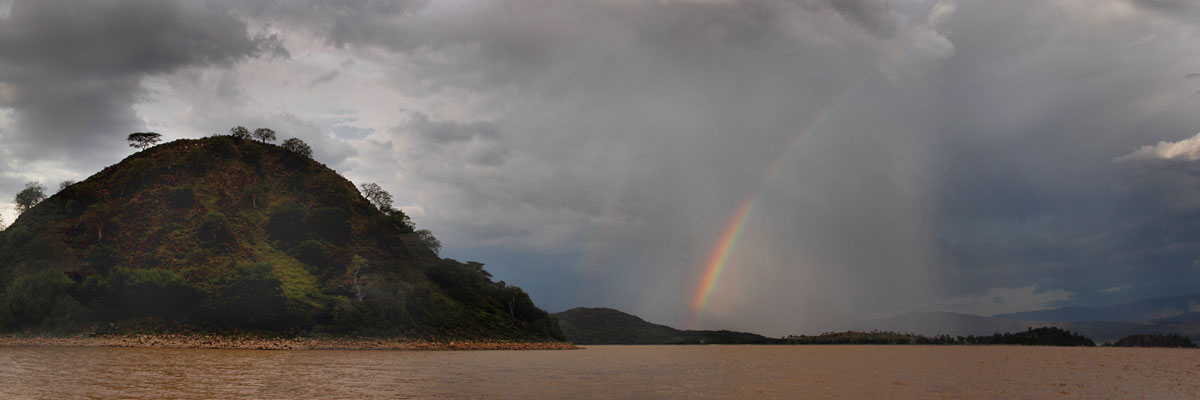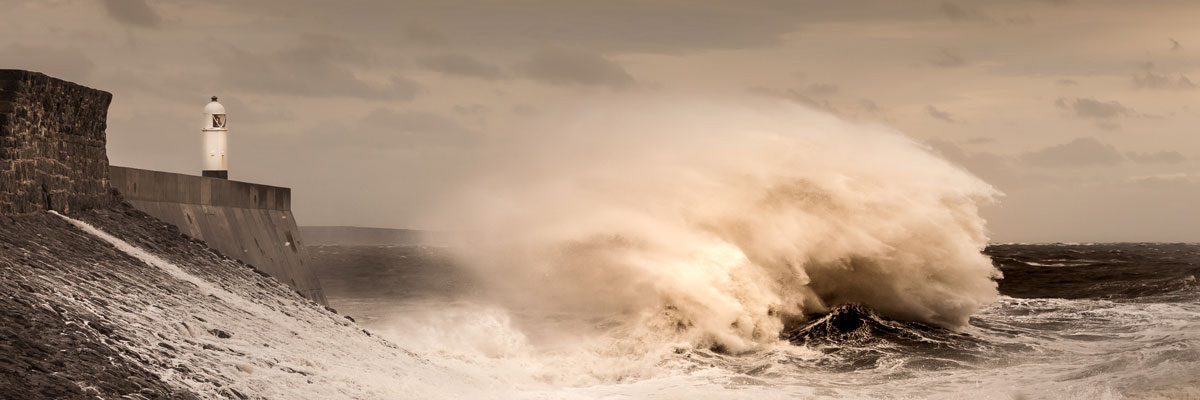Devastating seasonal rains in Kenya have been reported to have displaced nearly 300,000 people and killed 158. Other countries in the region such as Rwanda and Somalia have also been seriously affected.
Devastating rains in Kenya, 2018


Devastating seasonal rains in Kenya have been reported to have displaced nearly 300,000 people and killed 158. Other countries in the region such as Rwanda and Somalia have also been seriously affected.

2018 began with a series of four strong wind storms over Western Europe. In particular, two major events pounded the continent: Storm Eleanor on January 3, and Storm Friederike on January 18.

Twenty years ago, the trend in annual mean global mean temperature became detectable. Ten years ago, robust regional seasonal mean temperature trends similarly started to emerge. Nowadays, we can see trends even in weather extremes.

Over the last week of 2017 and first week of 2018, a cold wave gripped the northeastern U.S. and southeastern Canada, with temperatures over 18ºF (10ºC) colder than is typical at this time of year over this area, setting records at many sites.

Two years on from Storm Desmond, all measurements from that time have been made available allowing scientists to revisit their original attribution analysis and demonstrate the robustness of the approach.